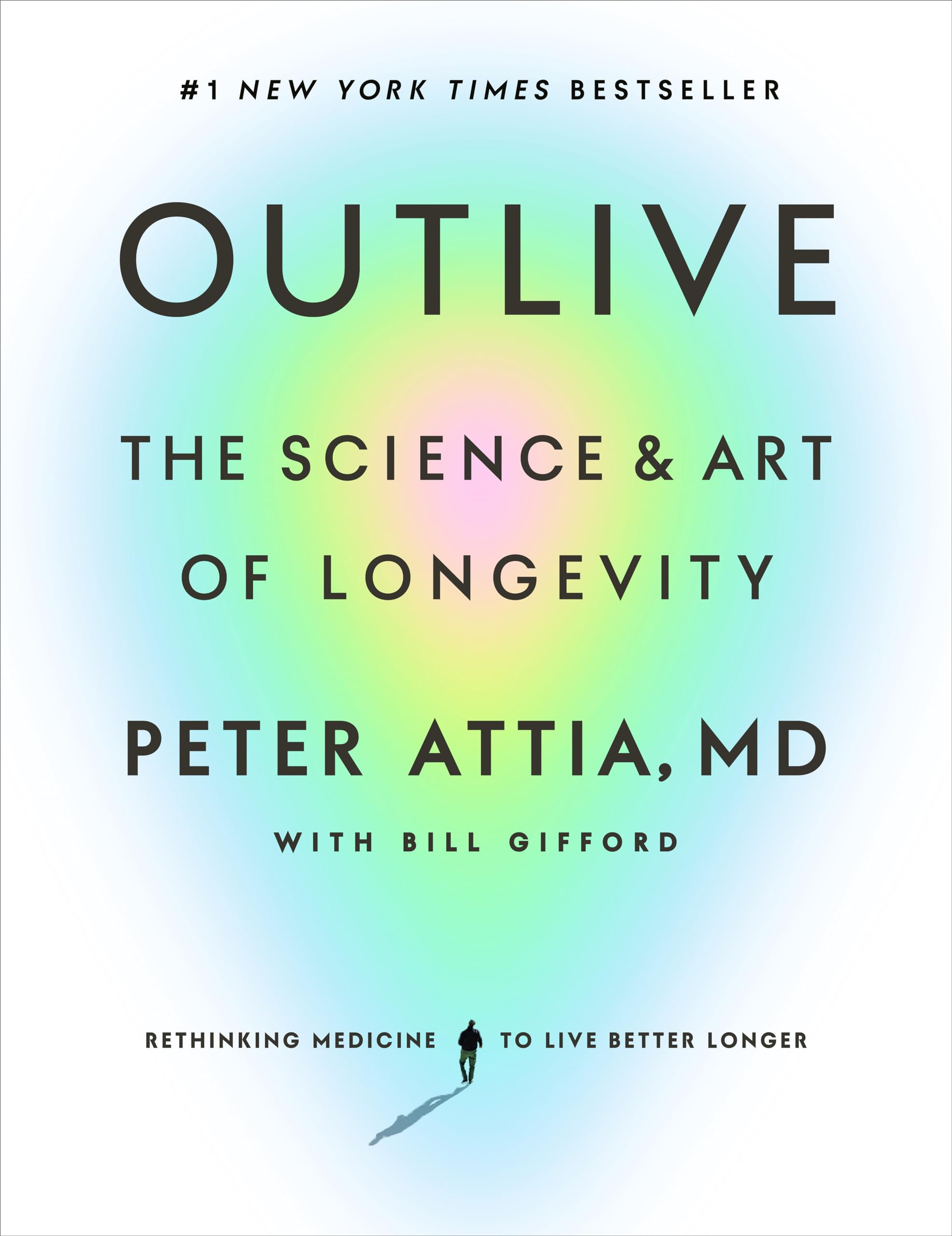Chapter 1: The Long Game: From Fast Death to Slow Death
byChapter 1 introduces the central theme of longevity by exploring the deeply personal experiences of a physician who has witnessed death in its various forms, shaping his understanding of medicine and aging. The author recalls a pivotal moment during medical school when he encountered patient death for the first time, an experience that profoundly impacted his perspective on healthcare. This moment, followed by years of seeing both acute and chronic deaths during his residency at Johns Hopkins, led him to question the limitations of traditional medical approaches.
The chapter contrasts two distinct types of death: “fast death”, which occurs suddenly due to trauma such as gun violence, severe accidents, or medical emergencies, and “slow death”, which is the gradual deterioration caused by chronic illnesses like cancer, cardiovascular disease, and metabolic disorders. While emergency medicine focuses on immediate interventions to prevent fast deaths, the author finds slow deaths more distressing, as they often result from preventable yet overlooked health issues. He argues that while medical advancements have significantly improved life expectancy, the healthcare system still lacks a strong emphasis on preventing the slow decline caused by chronic diseases.
As the author transitions from surgical practice to a broader focus on longevity, he becomes increasingly skeptical of both mainstream medicine and modern longevity movements, which often promote superficial or misleading solutions to aging and disease. He criticizes the medical industry’s reliance on reactive treatments rather than proactive health management, highlighting that most healthcare models are designed to address diseases only after they become fully developed. Instead of focusing solely on lifespan—the total number of years lived—he introduces the concept of healthspan, which prioritizes maintaining vitality, cognitive function, and overall well-being throughout life.
A turning point in the author’s personal journey occurs when his wife makes a comment that forces him to reflect on his own health habits and longevity. This moment leads him to a critical realization: many of the chronic conditions he encountered in patients were not sudden occurrences but rather the result of decades of cumulative lifestyle choices and undetected metabolic dysfunction. Motivated by this insight, he embarks on a deeper exploration of how early lifestyle interventions, such as improved nutrition, exercise, and risk monitoring, can significantly influence long-term health outcomes.
The author critiques conventional diagnostic methods, arguing that the healthcare system often fails to identify early warning signs of chronic disease, waiting until symptoms become severe before taking action. He explains that common conditions such as hypertension, diabetes, and heart disease develop silently over years, with their root causes frequently overlooked until they reach a critical stage. By the time these conditions are officially diagnosed, significant damage may have already been done, making treatment more challenging and outcomes less favorable.
To illustrate the importance of early intervention, the author highlights key factors that contribute to metabolic dysfunction and chronic illness, including insulin resistance, inflammation, poor diet, and sedentary behavior. He explains that these issues often begin decades before traditional medicine considers them problematic, reinforcing the need for preventative healthcare strategies that can detect and address risks before they escalate. He advocates for a healthcare system that prioritizes regular screenings, continuous health monitoring, and lifestyle optimization as essential tools for increasing both lifespan and healthspan.
The chapter also delves into the economic and structural challenges of the healthcare system, emphasizing how financial incentives often drive a treatment-based approach rather than a prevention-based one. The author points out that many doctors and medical institutions are rewarded for prescribing medications, performing procedures, and managing chronic illnesses rather than preventing them altogether. He argues that a true shift toward longevity-focused medicine requires rethinking how healthcare resources are allocated, with a stronger emphasis on education, early detection, and proactive health management.
Drawing an analogy, the author compares neglecting long-term health risks to a slow-moving disaster, much like an undetected fire smoldering beneath the surface before erupting into flames. Just as a small structural weakness in a building can lead to a catastrophic collapse over time, minor but persistent health issues can accumulate and eventually cause irreversible damage if not addressed early. He stresses that long-term health should not be left to chance but should be actively managed through informed decisions, lifestyle modifications, and regular medical assessments.
As the chapter concludes, the author makes a compelling case for rethinking aging and longevity from a proactive standpoint rather than accepting decline as an inevitable part of life. He challenges readers to view their health as something within their control, rather than something dictated by fate or genetics. Promising to explore these concepts further throughout the book, he offers an optimistic vision of how science, technology, and informed decision-making can empower individuals to not only live longer but also live better.
By embracing preventative healthcare, early intervention, and a commitment to personal health optimization, individuals can break free from the outdated mindset that aging must be synonymous with decline. The author urges readers to adopt a long-term strategy for health, treating their bodies with the same foresight and planning that they would apply to their careers, finances, or major life goals. In doing so, they can shift the focus from simply surviving to thriving, ensuring that their later years are defined not by frailty and disease, but by strength, vitality, and fulfillment.


